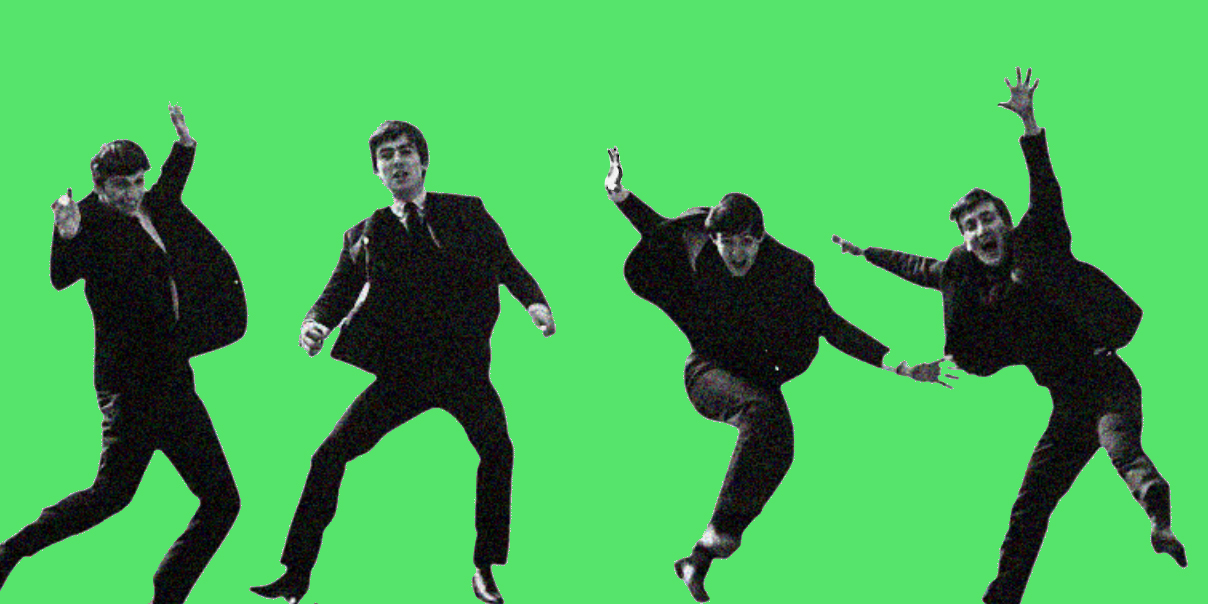
September 2023
Paul McCartney Uses AI to Create a 'Final' Beatles Song

The timeless saga of The Beatles continues, but with a different twist, as Paul McCartney refuses to be left behind in embracing artificial intelligence. Technological advancements have allowed for the unearthing of musical remnants from various artists' legacies. Paul McCartney has announced that thanks to AI, the group's "final song" will see the light of day after decades of silence. However, this technological milestone also raises fears and questions about the future of music and the role of artificial intelligence in artistic creation.
The story begins with a 1978 tape where John Lennon recorded some compositions while sitting at his piano in his New York apartment. Years later, Yoko Ono handed a demo of these recordings to Paul McCartney, but the quality was poor and couldn't be officially distributed by the artist. Two of the songs, "Free As a Bird" and "Real Love," were rescued and remastered in 1995 and 1996, but "Now and Then," an unfinished love song, was forgotten.
The debate about the future of music
The use of artificial intelligence in the creative process has sparked a profound debate. While some celebrate its ability to rescue and complete unfinished songs, others, like Sting, express concerns about the future of musical authenticity. What will this mean for human creativity and the soul of music?
Paul McCartney acknowledges that artificial intelligence has amazing applications but also harbors concerns about its power. There is fear that AI could falsely recreate the voices of deceased artists, leading to an artificial and manipulated legacy. Furthermore, the use of AI in music also raises ethical questions about authorship and originality.
A Bittersweet Farewell
With the release of "The Beatles' final song," the band bids farewell with palpable melancholy. The musical legacy lives on, but at what cost? Artificial intelligence has enabled the completion of a lost work but has also raised fears about the future of music and the loss of human essence in artistic creation.
While artists have been able to "revive" thanks to AI, it means they can be replicated, and no one has true control over what they can "say" or make them say. Voice manipulation isn't limited to song creation; for the malicious, fake interviews or other forms of defamation can be created.
While we appreciate this final musical gift from The Beatles, uncertainty lingers about how artificial intelligence will influence music in the years to come. The magic of technology has rescued a musical gem, but its shadow and its implications for musical art invite us to reflect on the path we are taking and the price we are willing to pay.
Written by Isaac Luz, Senior Full-Stack Developer.